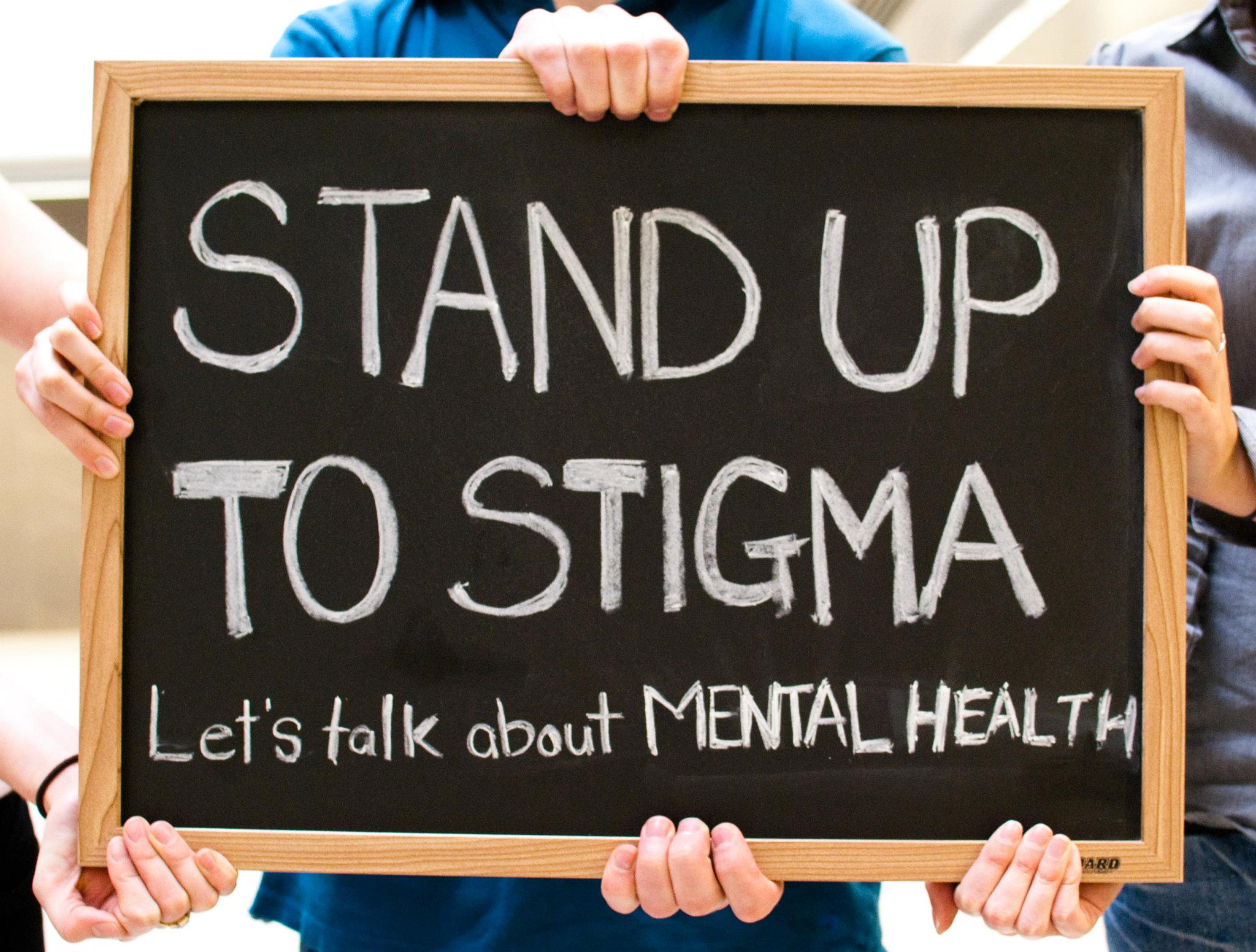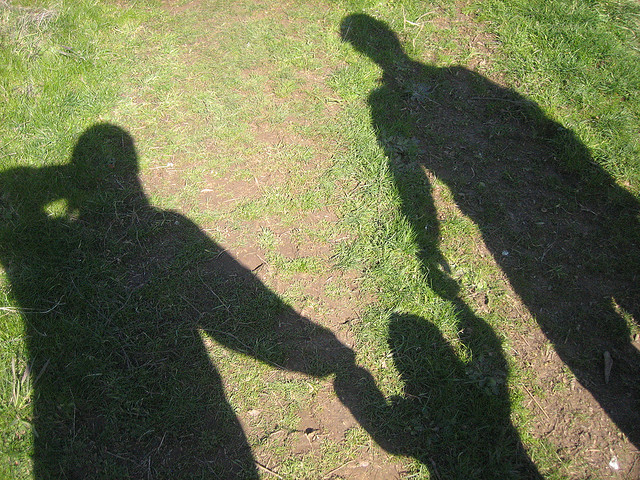
I recently published blogs criticizing Dr. Phil, Dr. Oz and Brian Williams for either saying or presenting programs that marginalized and belittled persons with mental illnesses. Those blogs drew a record number of readers to this website — more than 17,000. Obviously, fighting stigma is something, about which, many of us care.
Should we? Or are we wasting our time?
Before I chastised Dr. Phil, Dr. Oz and Brian Williams, the president and CEO of the National Council For Behavioral Health, Linda Rosenberg, wrote a column entitled: Is Mental Health Stigma Overrated? I’m a big fan of Linda’s, so much so, that I helped recruit her when the Corporation for Supportive Housing was searching for a new board member. Linda is a dynamic and innovative leader who works tirelessly to improve our mental health care system.





